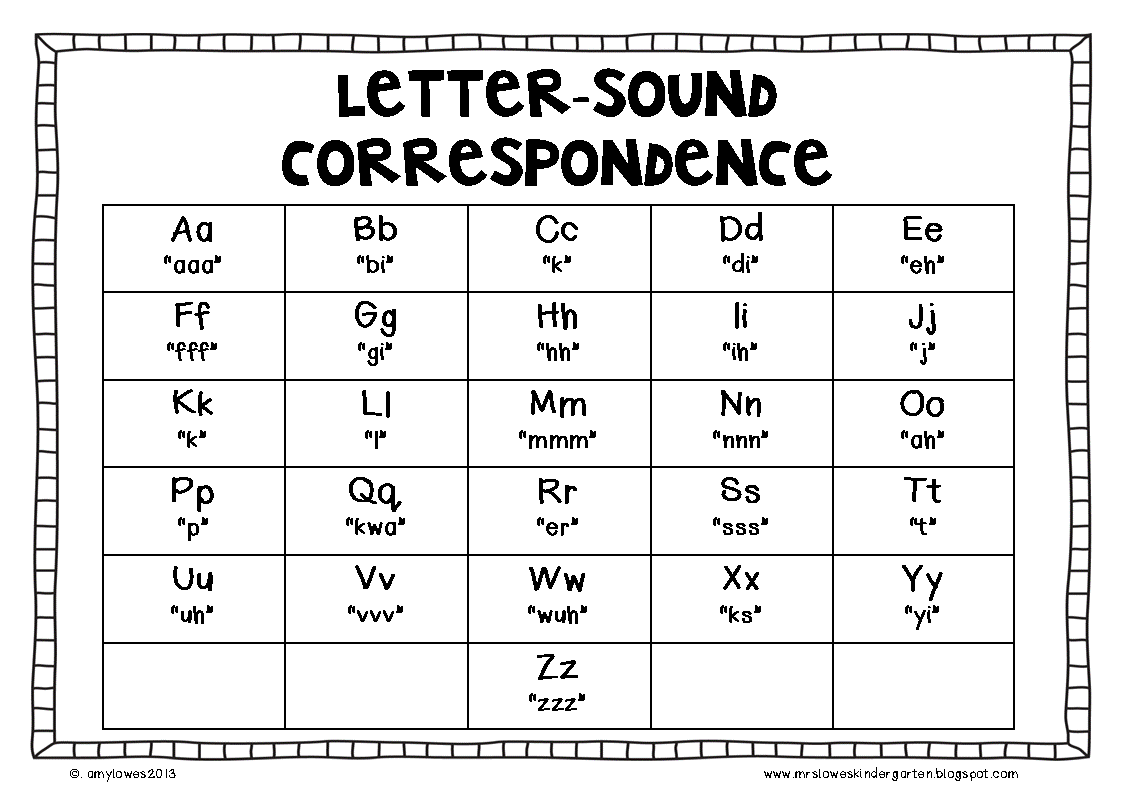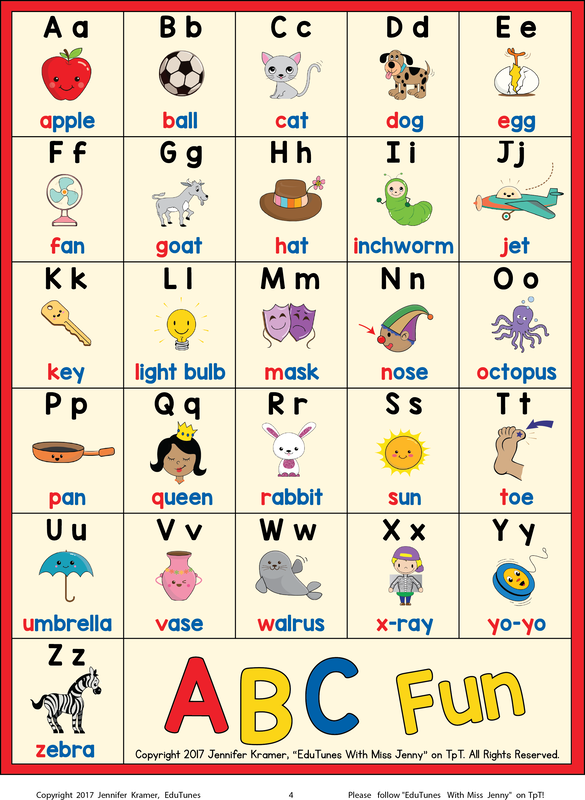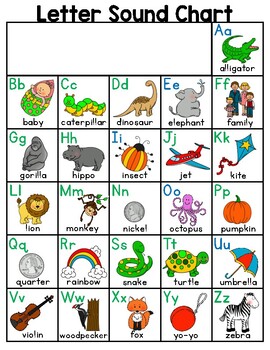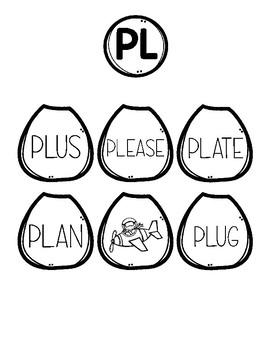Teaching letter sounds
Table of Contents
Table of Contents
If you have young children, you’ve probably heard about the importance of teaching them the ABCs. But have you thought about teaching them the sounds each letter makes? ABC letters and sounds are crucial for early childhood education and can set the stage for reading success down the road.
Why Teach ABC Letters and Sounds?
Asking “why” isn’t always necessary when it comes to education; you should just accept that certain topics are important to teach. However, it’s worth mentioning that understanding letter sounds is an important foundation for reading. By teaching your child the sounds each letter makes, you can help them recognize words and read with confidence.
The Importance of ABC Letters and Sounds
ABC letters and sounds are important because they create a foundation for reading. Once your child understands the sounds each letter makes, they can start blending those sounds together to make words. This skill is a crucial stepping stone to reading comprehension and success in school.
Targeting Early Learners with ABC Letters and Sounds
When my son started preschool, I was amazed at how much he learned in just a few months. One of the concepts he learned was the sounds each letter makes. I started to incorporate this lesson into our everyday activities. When we went for a walk, we would point out objects that started with each letter sound. It was a fun and engaging way to reinforce what he was learning in school.
 As I continued to teach my son about ABC letters and sounds, I noticed that his reading skills improved significantly. He was able to read simple books on his own and had an easier time with reading comprehension in his other subjects.
As I continued to teach my son about ABC letters and sounds, I noticed that his reading skills improved significantly. He was able to read simple books on his own and had an easier time with reading comprehension in his other subjects.
Where and When is the Best Time to Teach ABC Letters and Sounds?
The best time to teach ABC letters and sounds is during the early years of childhood. This is when children’s brains are developing at a rapid pace and they are eager to learn new things. You can start teaching your child the sounds each letter makes as early as age two or three. This can be done in a formal setting, such as preschool or kindergarten, or at home through fun and engaging activities.
The Benefits of Teaching ABC Letters and Sounds
By teaching your child ABC letters and sounds, you are laying the foundation for future reading and academic success. Children who understand the sounds each letter makes are better equipped to read and comprehend text. Additionally, learning about ABC letters and sounds can foster a love of reading and a desire to learn more.
Frequently Asked Questions
Q: How do I teach my child ABC letters and sounds?
A: There are a variety of ways to teach children ABC letters and sounds. You can use flashcards, books, or even make up your own games. Consistency is key, so try to incorporate ABC letters and sounds into your daily routine.
Q: When is the best age to start teaching ABC letters and sounds?
A: You can start teaching ABC letters and sounds as early as age two or three. Children’s brains are developing rapidly during this time, so it’s a great opportunity to introduce them to new concepts.
Q: What if my child doesn’t seem interested in learning ABC letters and sounds?
A: It’s important to make learning fun and engaging. If your child seems uninterested, try using games, songs, or books to make the concept more exciting.
Q: Why is it important for my child to learn letter sounds, rather than just the letter names?
A: Understanding letter sounds is a crucial foundation for reading. By learning the sounds each letter makes, your child can start to recognize words and read with confidence.
Personal Experience Teaching ABC Letters and Sounds
When I started teaching my son about ABC letters and sounds, I wasn’t sure how to make it engaging for him. However, I quickly realized that incorporating the lesson into our everyday activities made a huge difference. We would play games where we would sing the ABC song and then name objects that started with each letter sound. Over time, my son’s reading skills improved significantly and he even began to read on his own.
 Conclusion of ABC Letters and Sounds
Conclusion of ABC Letters and Sounds
Teaching your child about ABC letters and sounds is essential for early childhood education. By understanding the sounds each letter makes, your child can start to recognize words and read with confidence. Additionally, learning about ABC letters and sounds can foster a love of reading and a desire to learn more. So, start introducing your child to ABC letters and sounds today and set them on the path to reading success.
Gallery
Letter Sounds Freebies | A Sunny Day In First Grade

Photo Credit by: bing.com / sounds quick
Teaching Letter Sounds | Levelings

Photo Credit by: bing.com / letter sound teaching sounds kindergarten recognition correspondence guide freebie teacher reading groups small letters alphabet worksheets flashcards printable recogntion chart
Elements Of Reading Success Part 2: Beginning Phonics - EduTunes

Photo Credit by: bing.com / phonics abc beginning reading alphabet chart song sounds chant words letters part elements success children color teaching them together use
Freebie Friday | Alphabet Sounds Chart – Lets Play School

Photo Credit by: bing.com / alphabet phonics cards worksheets alphabets m89 fa5
Letter Sound Chart - Alphabet Resource Page - Letters And Sounds

Photo Credit by: bing.com / hartmann





